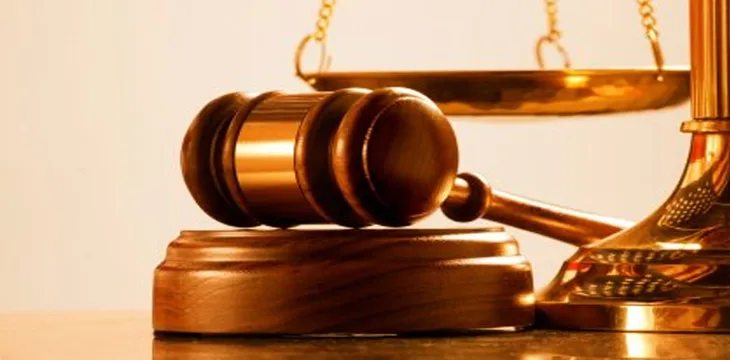|
Getting your Trinity Audio player ready...
|
The High Court in Ireland has ruled that cryptocurrency can be recovered as proceeds of crime in a ruling on a man imprisoned for drug offences, one of the first instances of its kind to be adjudicated in the country.
In what is being described by legal experts as a “landmark ruling,” Judge Carmel Stewart dismissed a claim from the defendant that an investigation into his cryptocurrency holdings would constitute a breach of his rights, paving the way for the recovery of some 2,000 ETH—worth approximately €25,000 ($28,648), the Irish Times reported.
The case concerns Neil Mannion, a convicted drug dealer currently serving a six and a half year jail sentence after a raid on a distribution hub at a domestic property in Dublin. Mannion also admitted to trading illegally on darknet marketplaces, under the alias ‘the Hulkster.’
Separate to the criminal trial, the prosecution brought the case against Mannion that his assets should be recovered under proceeds of crime provisions, including cash, credit cards and BTC holdings, which was settled back in 2016.
However, as part of those investigations, the authorities turned up a separate ETH holding stored in an online wallet, after recovering and analyzing a number of devices from Mannion.
As a result, prosecutors decided to bring a second action under proceeds of crime for the recovery of the ETH funds, which Mannion had argued was unlawful.
Mannion said that after criminal proceedings against him had been settled in late 2015, the state was no longer entitled to retain his devices or records of any data uncovered from them, suggesting that while he had consented to an initial search in 2014, this did not give the authorities his consent indefinitely.
Rejecting Mannion’s argument, the Criminal Assets Bureau said there were clear public policy grounds for recovering the funds from Mannion, who had not suffered any breach of rights on the facts of the case, according to the report.
The judge ruled that while the case posed some interesting questions at the intersection of data privacy, police powers, and technology, there was nevertheless a public interest in recovering assets in these types of cases.

 07-12-2025
07-12-2025 





